Latest Blogs
Informations from BOSCO
A Lost Generation: children of the pandemic
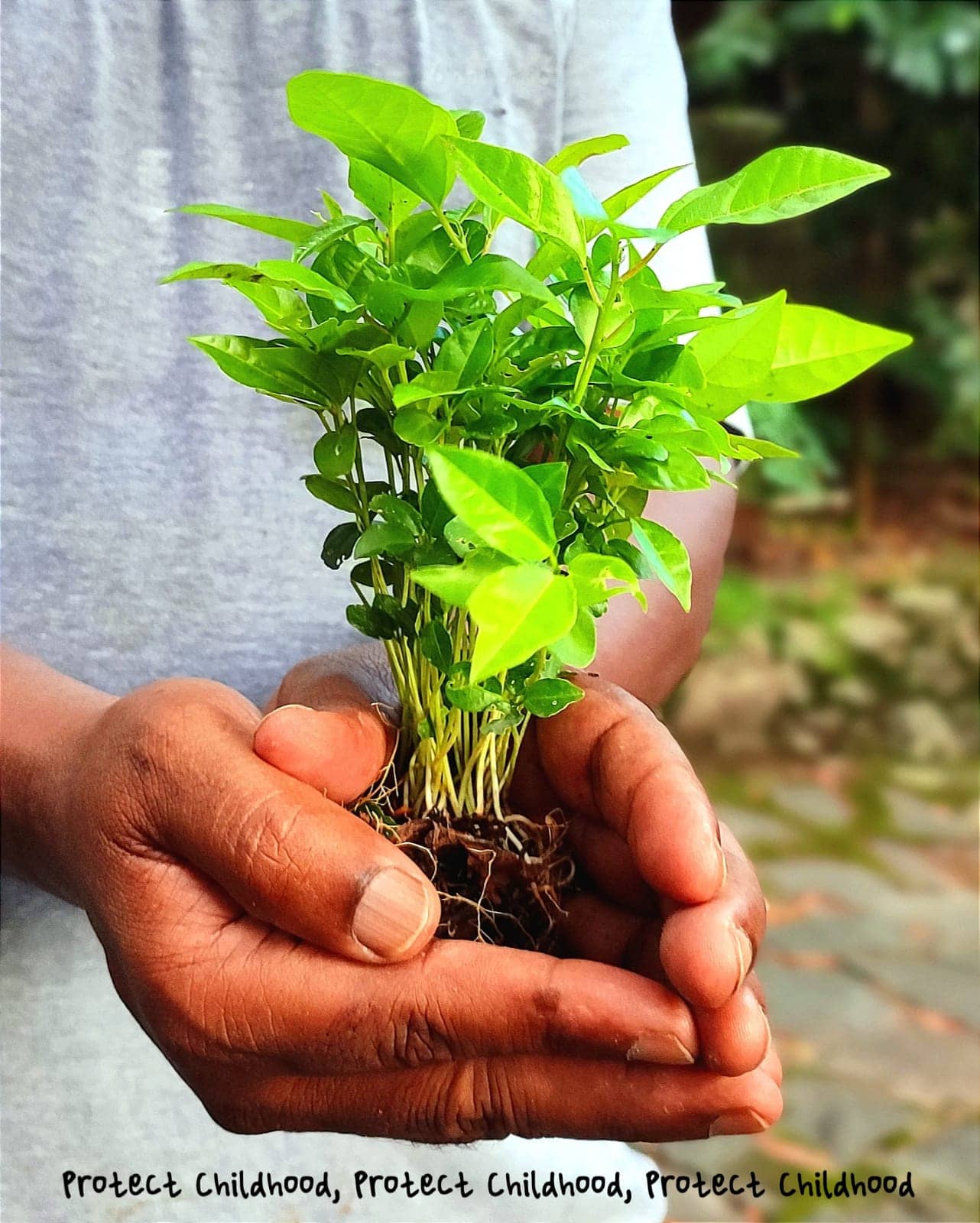
BOSCO
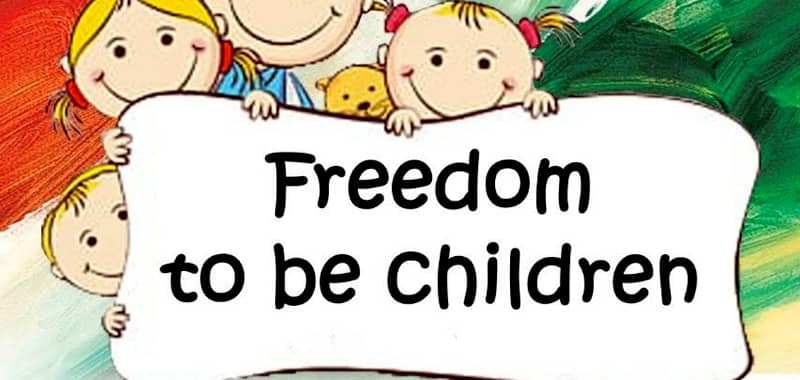
A recent UNICEF report released ahead of World Children’s Day, titled ‘Averting a lost COVID generation’, quantifies the losses that a generation of youth is incurring due to the pandemic. The report reveals that there has been a 15 percent increase in the number of children living in multidimensional poverty (without access to education, health, housing, nutrition, sanitation or water), a drop of at least 10 per cent in coverage of routine health care services like vaccinations, outpatient care for childhood infectious diseases, and maternal health services in around one-third of the 140 countries UNICEF surveyed, a 40 per cent decline in the coverage of nutrition services for women and children across 135 countries. It further goes on to show that as of November 2020, 572 million students across 30 countries have been affected by school closures. In India, UNICEF’s community- based findings indicate a spike in child marriages and school dropouts, while also highlighting the alarming chasm in access to digital learning.
The report paints a vivid picture of decades worth of work being undermined by a year of virus induced stagnation. This has been particularly true of developing countries and the marginalized sections of society, where the pandemic has disturbed the fragile equilibrium on which years of progress has been standing. India has seen a significant surge in child labour, starvation, poverty, exploitation and violence against children, and an ever-widening rural-urban, gender, and digital divide. Experts predict that the impact of the pandemic on children could be long-term and persist for years, if not addressed. Have we really lost a generation? The answer could be in our hands, in our response to the crisis, in our commitment to rebuild a sinking COVID generation.
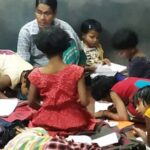

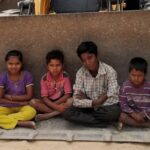








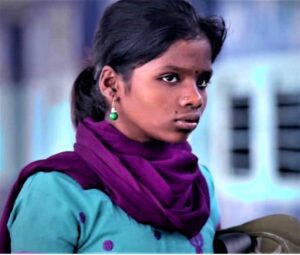


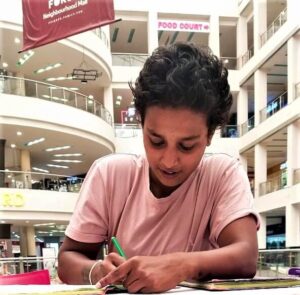









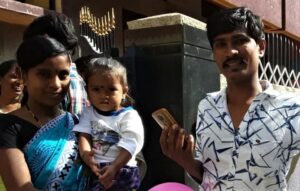


Leave a Reply